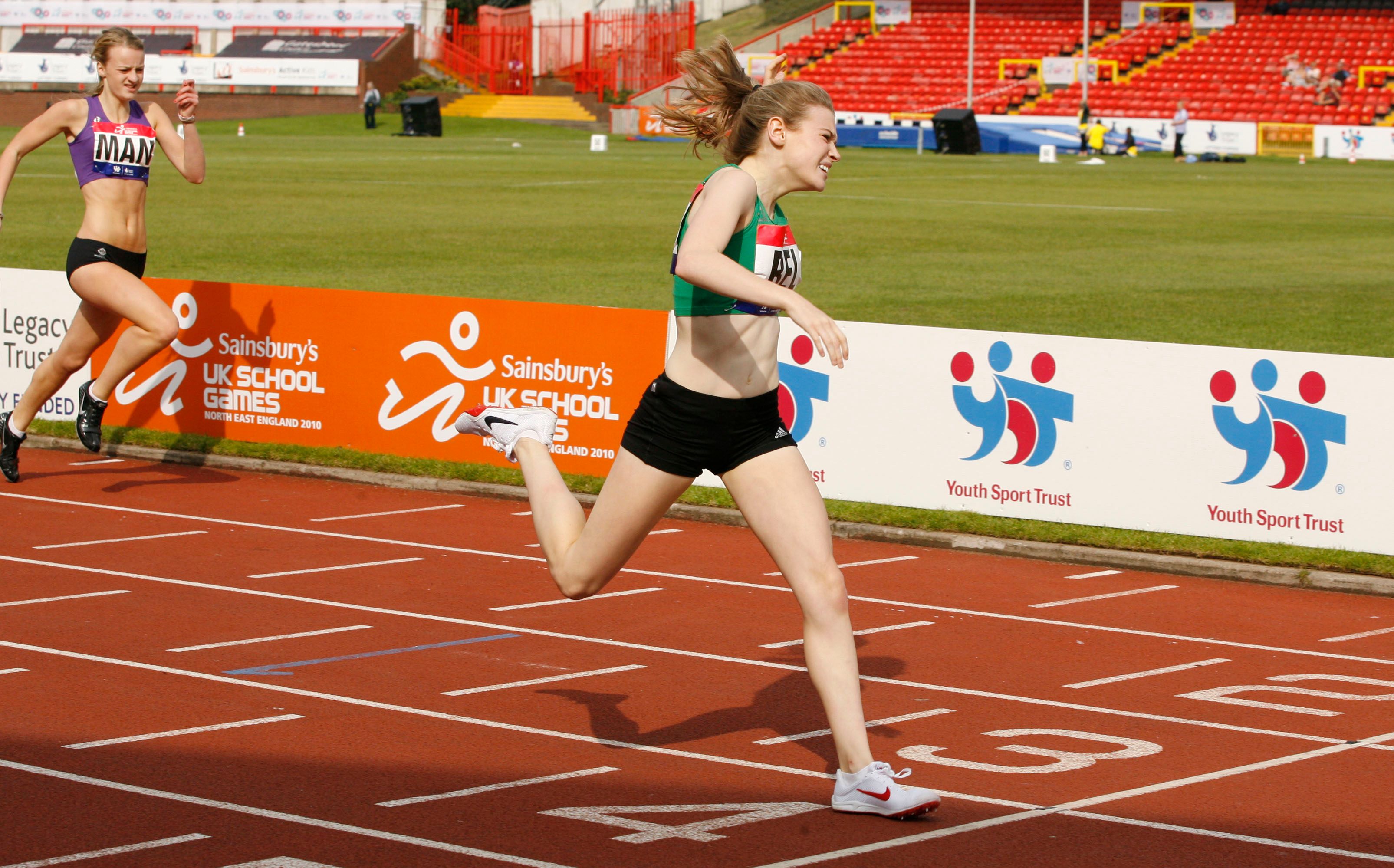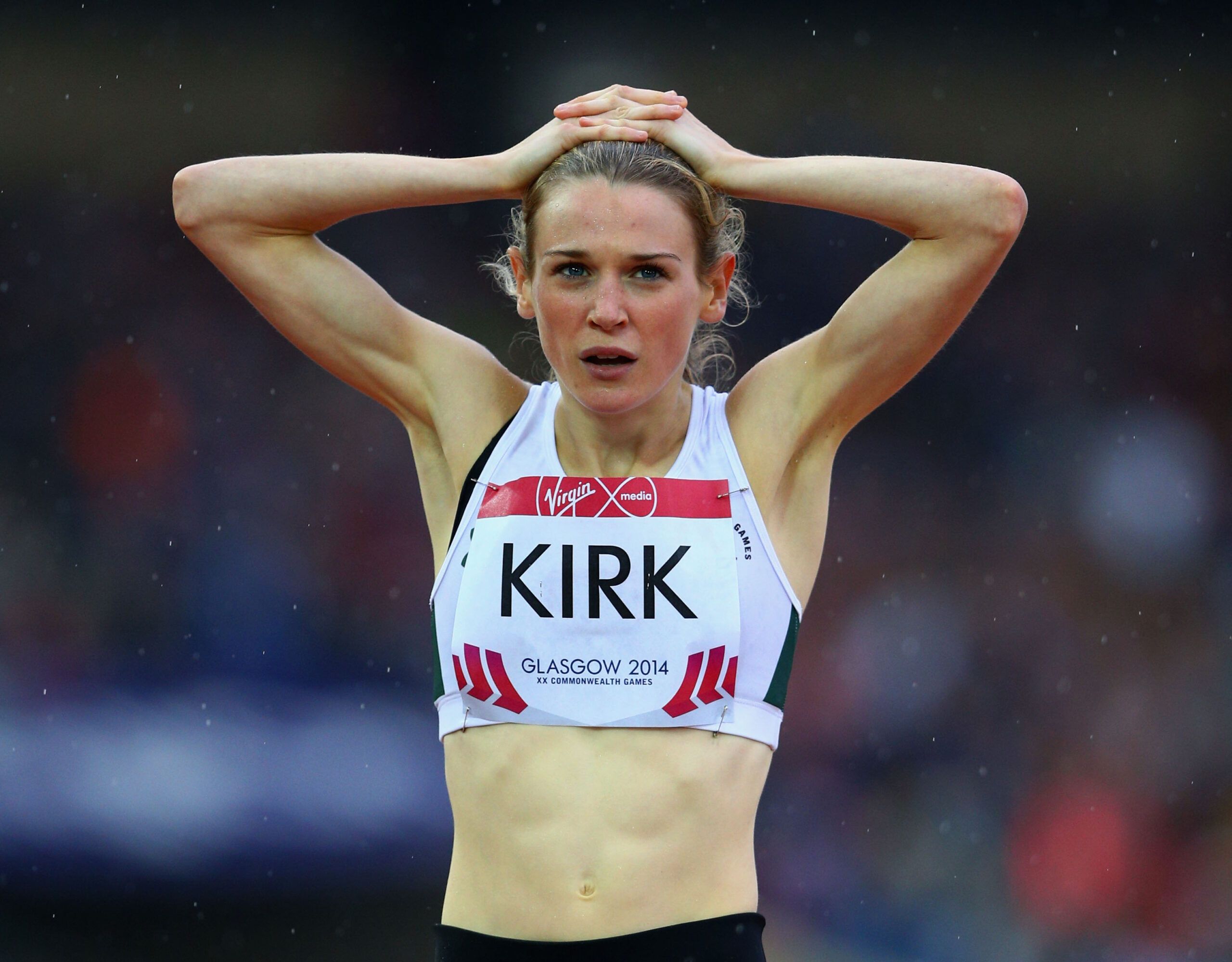At the start of Eating Disorders Awareness Week, Northern Irish athlete Katie Kirk has opened up on her experience with anorexia.The runner has stressed how being issued a diagnosis is important in helping to manage the illness, but it's something that many go without. Kirk admitted she initially went without a diagnosis but she was eventually met with crucial affirmation of her condition."I think that because I seemed quite capable, they misjudged the severity because I was able to talk my way around it and say that everything was okay," she said on a recent episode of BBC Sportsound Extra Time."Basically, at the time I was diagnosed with atypical anorexia. Now, that would just be diagnosed as anorexia nervosa, which is basically where you maybe don't tick every box for that clinical diagnosis of anorexia nervosa."According to Priory, a provider of mental health care facilities the UK, between 1.25 and 3.4 million people in the United Kingdom are affected by an eating disorder, with 10 percent suffering from anorexia nervosa.The average age of onset for anorexia nervosa is between 16 and 17 years old and it has the highest mortality rate of any psychiatric disorders in adolescence. The average age of onset for bulimia nervosa — which affects 40 percent of those suffering with an eating disorder — is between 18 and 19 years.Priory states the earlier the eating disorder is acknowledged and treatment is started, the higher the chance of recovery. "I didn't get a diagnosis until a little bit longer into my treatment journey but getting that kind of affirmed for me that this is a serious problem and I need to take it seriously," Kirk said. "I think that was quite affirming for me to get that diagnosis at the time."Kirk competed at the New Delhi 2010 Commonwealth Games, before helping light the 2012 Olympic cauldron in London after being identified as one of seven promising young athletes.From there, she made it to the quarter-finals at the Commonwealth Games in 2014 and won the Belfast International 800m in September 2021.
"I didn't get a diagnosis until a little bit longer into my treatment journey but getting that kind of affirmed for me that this is a serious problem and I need to take it seriously," Kirk said. "I think that was quite affirming for me to get that diagnosis at the time."Kirk competed at the New Delhi 2010 Commonwealth Games, before helping light the 2012 Olympic cauldron in London after being identified as one of seven promising young athletes.From there, she made it to the quarter-finals at the Commonwealth Games in 2014 and won the Belfast International 800m in September 2021.
Kirk identified the anxiety of starting university and the pressures of competitive sport as triggers of illness.
"Looking back, I definitely can identify that food and body have maybe always been stumbling blocks for me personally.
"There have been episodes prior to that in my teenage years when it wasn't anything clinical or maybe anything serious but certainly it was something for me that kept coming back time and time again.
"I maybe used some coping mechanisms that weren't particularly good for my body or my head."
Kirk then revealed that the uncertainty that comes with being a professional athlete contributed towards her level of food intake, which she used to give herself a semblance of control over her performances.
"I believed I needed to eat certain things or weigh a certain amount to perform well.
"There is so much in sport that we cannot control and that can feel very scary for someone who is quite young and maybe emotionally immature that they can't talk about their feelings or identify what they are feeling."
If you, or someone you know, has been affected by anything mentioned in the above article, Priory offers online support for those struggling with mental health issues, including eating disorders.




















